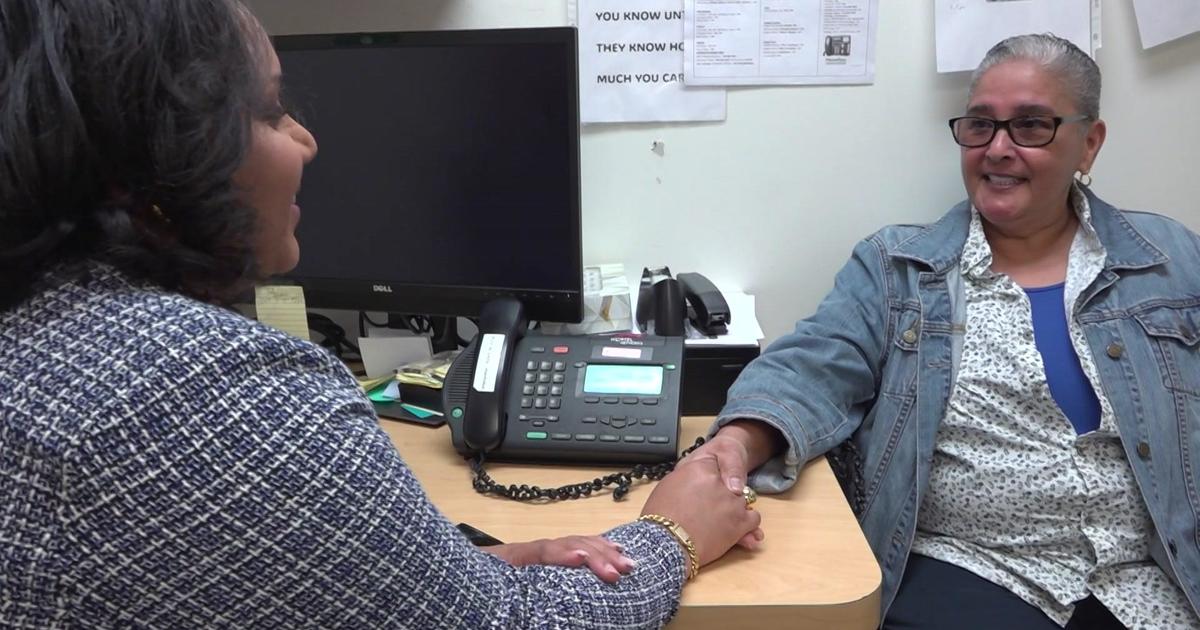Seen At 11: Five Tests To Save Your Life
NEW YORK (CBSNewYork) -- We take tests at the doctor's office all the time, but there are a number of tests you can do at home that could help identify a serious illness sooner.
As CBS 2's Alice Gainer reported, the tests could reveal risks from everything but dementia to a future disability.
"I try to do crossword puzzles and math puzzles," said Steven Karp.
With a family history of dementia, Karp said he worries.
"Most of my uncles suffered from dementia," he said.
So Karp is regularly screened for signs of the debilitating condition, but he screens himself. He is constantly testing his knowledge of celebrities' names -- a widely accepted test to screen for dementia.
"The ones that I did know, I was able to recognize right away," he said.
"They're easy to do; quick; cheap. Patients even can do them in their own home," said Dr. Martin Goldstein of the Mt. Sinai School of Medicine.
Dr. Goldstein said there are many tests people can do to help detect the early signs of several diseases, such as the "peanut butter test."
"Bring the peanut butter closer and closer to the nose until the smell is detected," Dr. Goldstein said.
If you can't smell the peanut butter equally in both nostrils, Dr. Goldstein said it could be an indication of Alzheimer's disease, which affects the part of the brain that controls smell, CBS 2's Gainer reported.
You can test your muscle strength and balance by sitting on the floor with your legs crossed, then get up without the help of your arms.
"The sit down, stand up is really looking at your ability to use your muscles and your coordination," cardiologist Dr. Daniel Yadegar said. "It's correlated to different things such as longevity."
Studies show if you have a weak grip you're at a greater risk for a future disability, Gainer reported. To test this, try opening a jar or carrying a gallon of milk across the room with one hand.
The good news, according to Dr. Yadegar, is that strength and agility can be improved.
"Don't ignore these things. You absolutely have to pay attention to your body. If there's any changes, if there's anything out of the ordinary, bring it up to your physician," Dr. Yadegar said.
For heart disease, pay attention to your breathing when walking up a flight of stairs. If it becomes labored, see your doctor.
Check Out These Other Stories From CBSNewYork.com:



